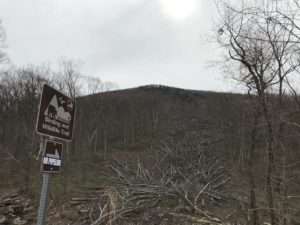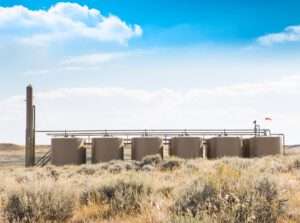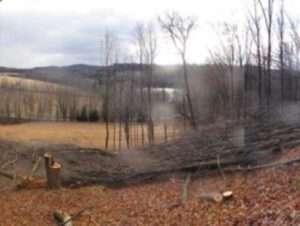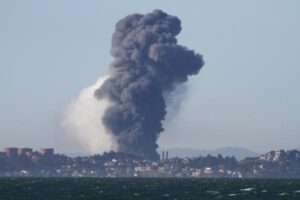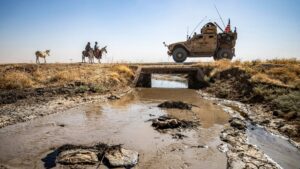
The American Wildcatters Who Sought Syrian Oil
This piece, written by APF fellow Kenneth R. Rosen, ran in Esquire Magazine, on November, 15, 2022. It was supported by his research for his APF fellowship. Amidst a global energy shortage, the three men behind Delta Crescent Energy figured that even oil from a

